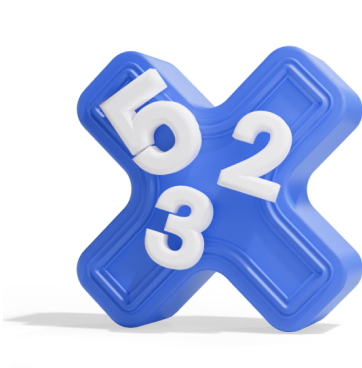
Consumer Price Index and Purchasing Power of a Dollar
The purchasing power of the dollar tells us how much dollar in a given year is worth compared to dollar in another year. The consumer price index is a measure of the general price level, and is often written as CPI.
Theory
Consumer Price Index
The consumer price index is a measure of the general price level in many countries, and it is often written as CPI. The CPI tells you the price of a basket of specific goods that are considered household necessities. You can compare the CPI between different years to see how prices rise and fall.
Formula
Purchasing Power
You find the purchasing power of the dollar by using this formula:
Theory
Inflation and Deflation
Inflation is a price increase that occurs because the money supply has increased compared to the amount of money being spent.
Deflation is the opposite of inflation. It means that prices have gone down because the supply of money has shrunk compared to the cost of goods, meaning people have less money to spend.
Theory
Interpreting the Dollar’s Purchasing Power
-
When the price of an item increases over time, it means that the dollar has decreased in value. The dollar has then become weaker. This is what happens during inflation.
-
When the price of an item decreases over time it means that the dollar has increased in value. The dollar has then become stronger. This is what happens during deflation.
Example 1
The consumer price index was in 2021, with a basis year of 2017. What was the purchasing power of the dollar that year compared to 2017?



















